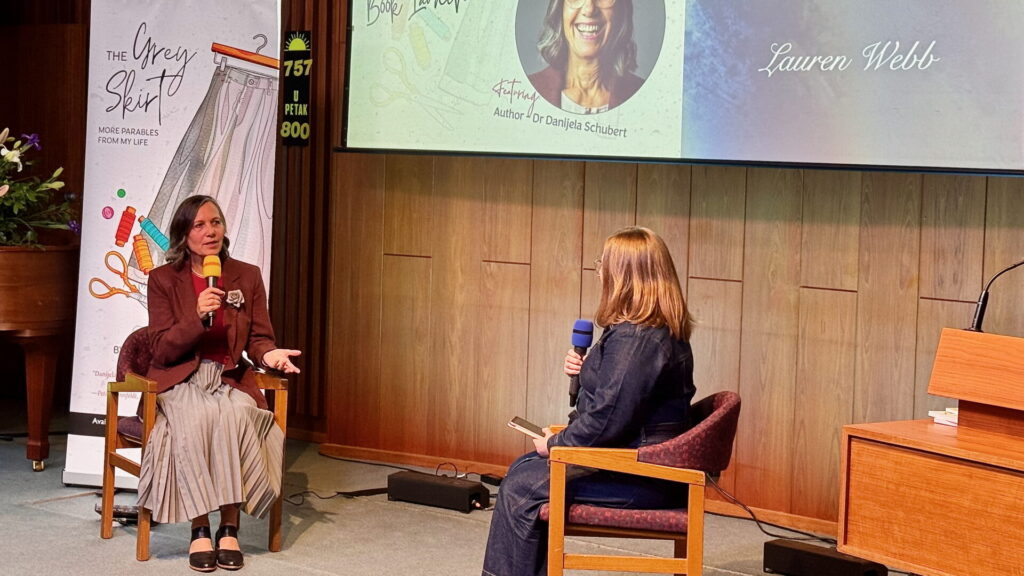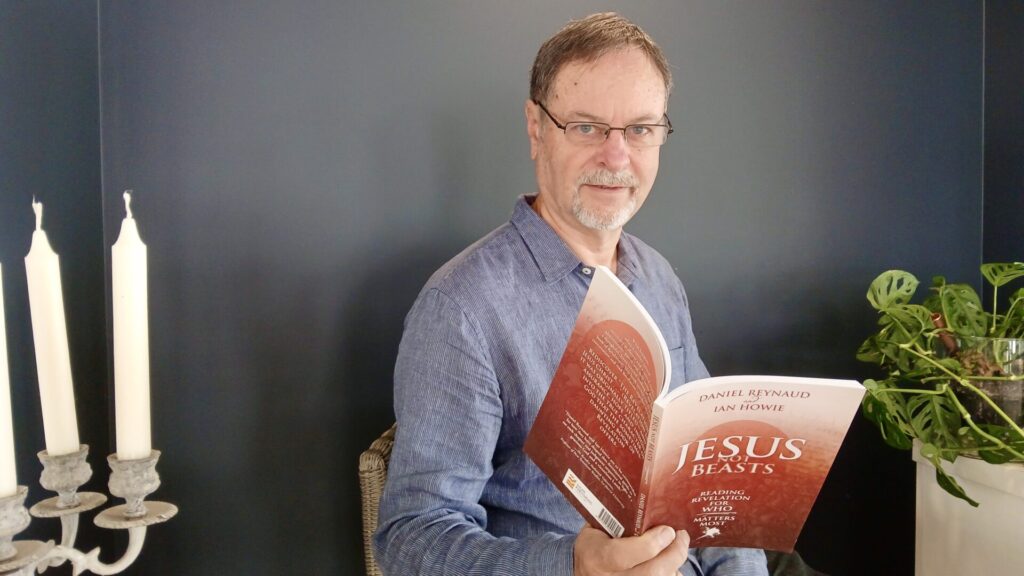I don’t believe in climate change—in the same way I don’t “believe” in gravity. Rather, both are scientific understandings, explanations and projections of observable phenomena in our world. That climate change has been thought of as an article of belief or disbelief on the extremes of the cultural and political debates has missed the point and muddied the already-warming waters.
As a person of faith, I do believe that we are stewards of creation (see Genesis 2:15), that we are called to care for our planet, to curb our over-consumption, to reduce pollution and waste, to speak up for and act on behalf of the people who are most vulnerable to our changing climate, and to offer greater opportunities for all people to choose healthier lives.
I also believe that convincing determined skeptics about climate science is less important—perhaps not even necessary—than working with them socially and politically on responses that are good for the environment and its human inhabitants in various ways.
Take Senator Cory Bernardi, for example. One of Australia’s most outspoken conservative politicians, he recently had solar panels installed on the roof of his Adelaide home.1
Or consider Fort Hood, the largest military base in the United States, that began last year to build a renewable energy project to supply about half the energy needs of the base during its 10-year contract life and save an estimated $US168 million in energy costs.2
Whether it’s economics, energy security and sustainability, broader environmental stewardship or the specifics of climate change itself, finding better ways to power our societies and our lives makes sense in so many ways—whatever one “believes”—and offers intriguing opportunities for churches and their communities. For example, an idea from Dr Katharine Hayhoe, director of the Climate Science Center at Texas Tech University and a Christian,3 recently caught my imagination: churches installing solar arrays on their roofs not only to offset their own energy bills but to provide electricity to their immediate neighbours. Using its larger roof space, a central array that might power the 30 households that surround the church is more efficient and economical than 30 individual systems, but also imagine the opportunity to build relationships with our physical neighbours in the process of offering them free electricity.
Climate change is having an impact on Pacific island nations and their populations, including our fellow church members.4 But this is not only an issue there, it must be an issue in nations such as Australia and New Zealand.
Of course, this means we need to make better environmental choices in our lives and our homes. And, as a Church, we also need to reaffirm our biblical mandate as stewards of creation and to implement policies and practices that reflect what we say we believe. We need to change how we do things as a Church, as well as using our voice and influence to lobby our governments and our communities to greater action to protect our environment,5 and to helping disadvantaged nations and communities adapt and survive in our changing climate. For believers, this is not merely a political issue, it’s a question of stewardship.
Yes, Jesus will return—but that has never been an excuse for inaction. Instead we act with hope. While “all creation has been groaning” as it awaits and anticipates our “glorious freedom from death and decay” (Romans 8:22, 21, NLT), there is no point in the biblical story at which our stewardship of the earth is revoked. Those of us who respond to the
call to “worship him who made the heavens, the earth, the sea and all the springs of water” (Revelation 14:7) must always be concerned for the protection and preservation of the natural world and those who are hurt by its degradation.






